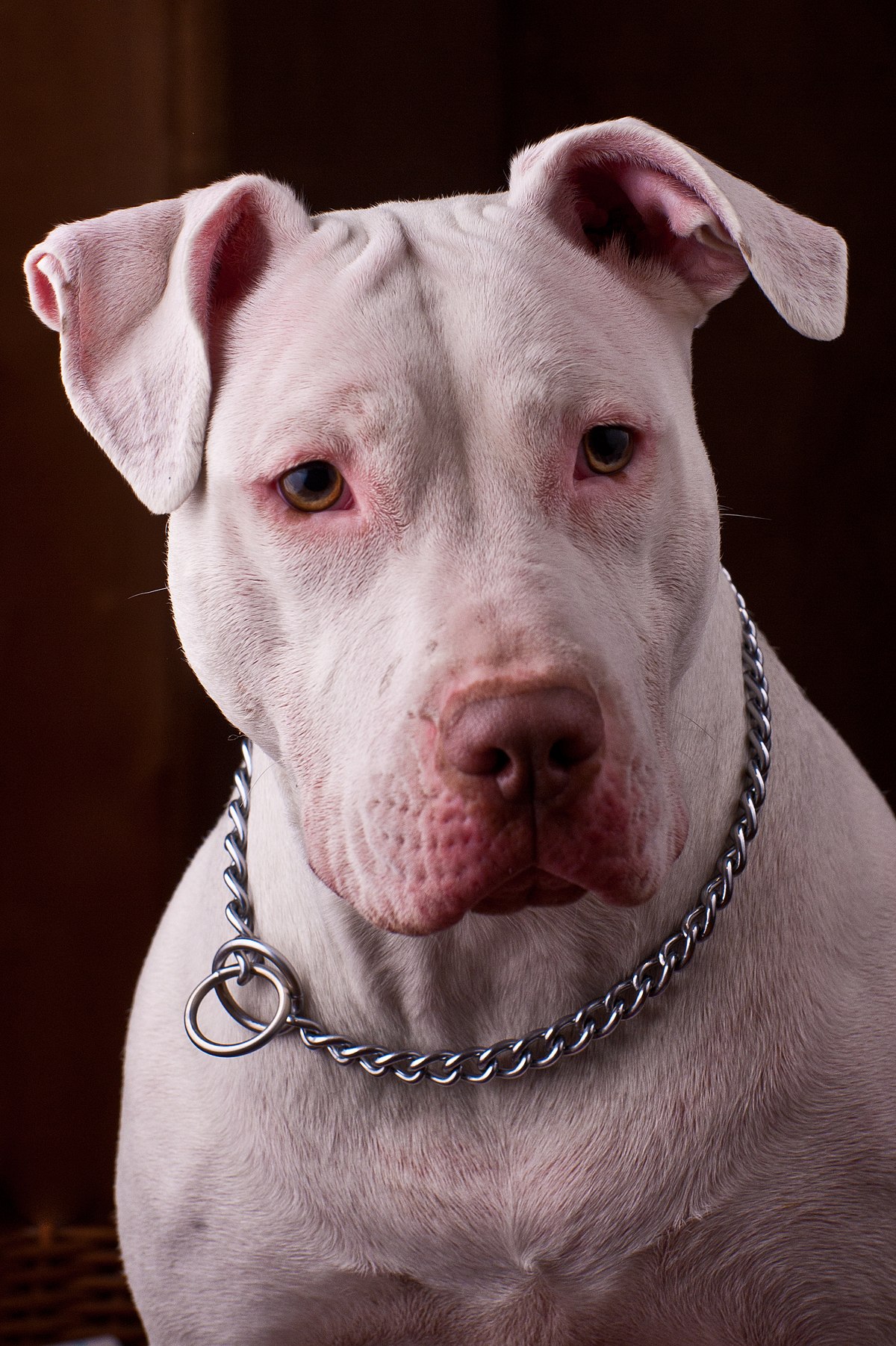What Is Pitbull's Nationality? Understanding The Origins Of The Popular Breed
Pitbull's nationality often sparks curiosity among dog lovers and potential pet owners alike. This breed, known for its strength and loyalty, has a rich history that intertwines with various cultures and regions. In this article, we will explore the origins of the Pitbull, shedding light on its nationality and the factors that contribute to its identity. From its roots in the UK to its rise in popularity in the United States, we’ll cover everything you need to know about this fascinating breed.
Understanding the nationality of the Pitbull involves delving into its background and the breeds that contributed to its development. The term “Pitbull” encompasses several breeds, including the American Pit Bull Terrier, the American Staffordshire Terrier, and the Staffordshire Bull Terrier. Each of these breeds has its own history and characteristics, making it essential to understand where they originated.
As we navigate through this article, we will also discuss the cultural significance of the Pitbull, its reputation, and the impact of breed-specific legislation. By the end of this exploration, you’ll have a comprehensive understanding of what defines the nationality of the Pitbull, its heritage, and why it remains a beloved companion for many.
Table of Contents
- The Origin of the Pitbull Breed
- Understanding the Different Types of Pitbulls
- Cultural Significance of the Pitbull
- Pitbulls in the United States
- Common Misconceptions About Pitbulls
- Pitbull Breed-Specific Legislation
- The Pitbull Community and Advocacy
- Conclusion: Embracing the Pitbull Heritage
The Origin of the Pitbull Breed
The Pitbull breed originated from a mix of bulldogs and terriers in the early 19th century. The goal was to create a dog that combined the strength of the bulldog with the agility and tenacity of the terrier. This breed was initially developed in the UK for bull-baiting, a popular sport at the time. However, with the ban on bull-baiting in the early 1800s, these dogs found new roles as farm dogs, helping with tasks such as herding and guarding livestock.
The Role of Early Breeders
Early breeders played a significant role in shaping the Pitbull's characteristics. They focused on breeding dogs that were not only strong but also had a good temperament. This focus on temperament allowed the Pitbull to become a family companion, known for its loyalty and affection towards humans.
Understanding the Different Types of Pitbulls
When discussing Pitbull's nationality, it is essential to recognize the various breeds that fall under the Pitbull umbrella. The three primary types include:
- American Pit Bull Terrier: Known for its strength and agility, this breed is often associated with the term "Pitbull."
- American Staffordshire Terrier: Similar in appearance to the American Pit Bull, this breed is known for its friendly disposition and is recognized by the American Kennel Club (AKC).
- Staffordshire Bull Terrier: A smaller version of the Pitbull, this breed is known for its affectionate nature and was historically bred for companionship.
Cultural Significance of the Pitbull
The Pitbull has a complex cultural significance. In some communities, it is celebrated as a loyal family pet, while in others, it carries a stigma due to its association with dog fighting and aggressive behavior. Understanding the cultural context of the Pitbull is crucial for appreciating its nationality and the challenges it faces.
Pitbulls in the United States
The American Pit Bull Terrier gained immense popularity in the United States during the late 19th and early 20th centuries. Known for their intelligence and versatility, these dogs became popular in various roles, including as working dogs, family pets, and show dogs. However, the breed’s rise in popularity also led to an increase in negative perceptions, especially in the wake of high-profile dog attack incidents.
Common Misconceptions About Pitbulls
Several misconceptions surround Pitbulls, often leading to misunderstandings about their behavior and temperament. Some common myths include:
- All Pitbulls are aggressive: This is a broad generalization and does not consider individual temperament.
- Pitbulls have locking jaws: This is a myth; Pitbulls do not possess any unique locking mechanism in their jaws.
- Pitbulls are not good family pets: With proper training and socialization, Pitbulls can be excellent family companions.
Pitbull Breed-Specific Legislation
In recent years, breed-specific legislation (BSL) targeting Pitbulls has become a contentious issue. Many cities and states have enacted laws that restrict or ban the ownership of Pitbulls due to concerns about aggression. However, advocates argue that these laws are ineffective and unfairly target the breed rather than addressing responsible pet ownership.
The Pitbull Community and Advocacy
Despite the challenges faced by the breed, there is a strong community of advocates working to promote responsible ownership and dispel myths about Pitbulls. Organizations such as the Pit Bull Rescue and Advocacy (PBRA) and the American Pit Bull Foundation work tirelessly to educate the public and support responsible pet ownership.
Conclusion: Embracing the Pitbull Heritage
In conclusion, the nationality of the Pitbull is intertwined with its rich history and the various breeds that contribute to its identity. Understanding the origins, cultural significance, and the challenges faced by Pitbulls is essential for fostering a more positive perception of this beloved breed. As a potential Pitbull owner or an advocate, it’s crucial to be informed and help change the narrative surrounding these loyal companions.
We encourage you to share your thoughts on the Pitbull breed in the comments below. If you found this article informative, consider sharing it with friends or exploring other articles on our site to learn more about pet ownership.
Thank you for taking the time to learn about the nationality of the Pitbull. We hope to see you back here soon for more engaging and informative content!
Clément Giraudet: The Rising Star In The Fashion Industry
Understanding Mauricio Isaac: A Profile Of A Rising Star
Unveiling The Life And Career Of Steven Krueger: A Comprehensive Insight


